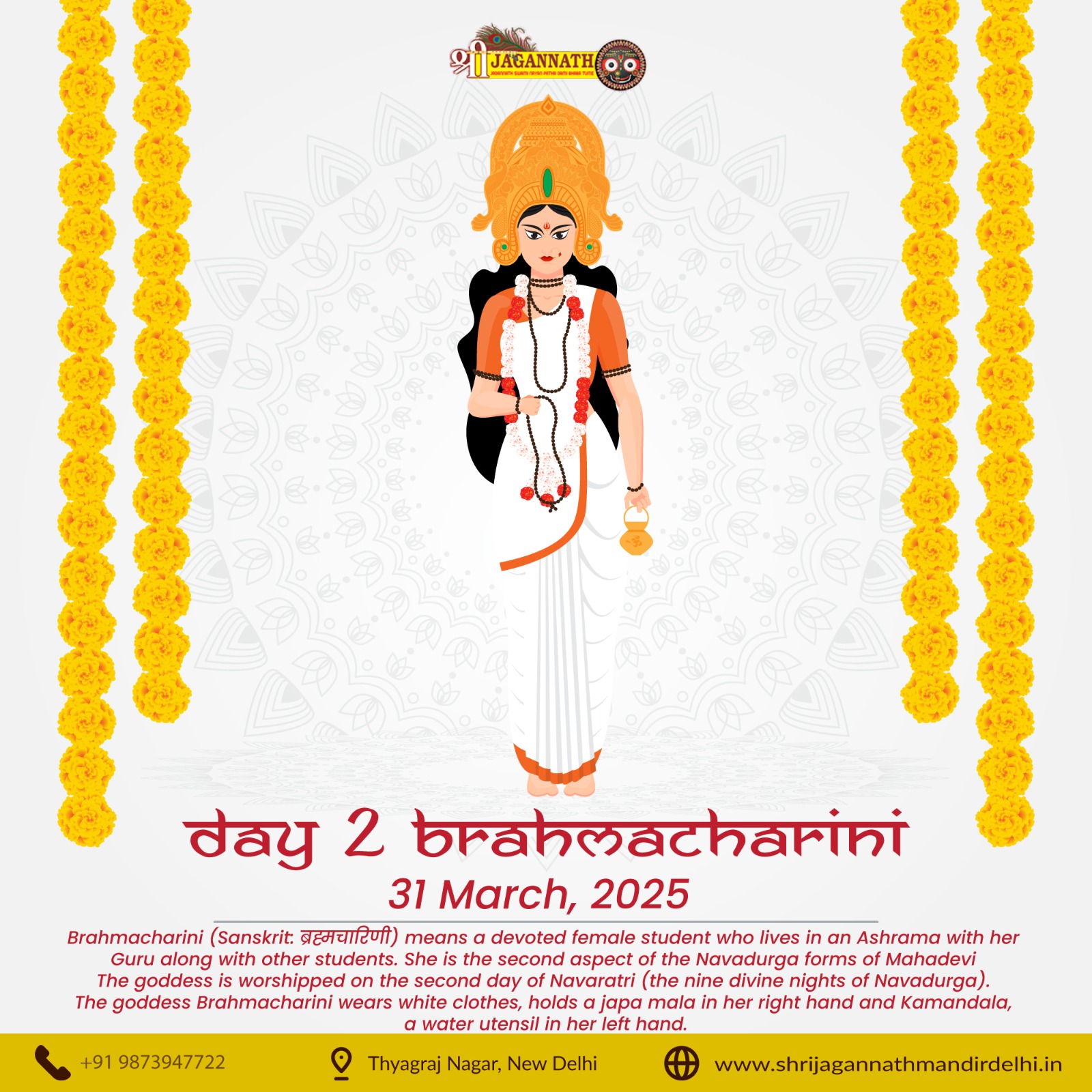September 2, 2024 12:00 am
Saptapuri Amavasya is a significant observance in Hindu tradition that is associated with pilgrimage and spiritual merit. The term “Saptapuri” refers to seven sacred cities or pilgrimage sites that hold immense religious significance in Hinduism. These cities are:
- Ayodhya: The birthplace of Lord Rama.
- Mathura: The birthplace of Lord Krishna.
- Haridwar: Known for the Kumbh Mela and Ganga Aarti.
- Varanasi (Kashi): One of the oldest continuously inhabited cities in the world, known for its spiritual aura and the Ganga Ghats.
- Kanchipuram: Famous for its temples, particularly dedicated to Lord Vishnu and Lord Shiva.
- Ujjain: Known for the Mahakaleshwar Jyotirlinga temple and the Kumbh Mela.
- Dvaraka: Associated with Lord Krishna and his kingdom.
Significance of Saptapuri Amavasya:
Saptapuri Amavasya occurs on a new moon day (Amavasya) and holds special significance due to its association with these seven sacred cities. Devotees believe that performing rituals, prayers, and acts of charity (daan) on this day at these holy places can bring immense spiritual merit and blessings. It is considered auspicious to visit these cities during Saptapuri Amavasya and take a dip in the sacred rivers like the Ganga at Haridwar or Yamuna at Mathura.
Rituals and Observances:
- Pilgrimage: Many devotees undertake pilgrimages to one or more of the Saptapuri cities on this day, seeking spiritual purification and blessings.
- Ritual Bathing: Taking a holy dip (snan) in the rivers or sacred tanks associated with these cities is believed to wash away sins and bring spiritual upliftment.
- Offerings and Prayers: Devotees offer prayers and perform rituals at temples dedicated to the respective deities in each city. They seek blessings for spiritual growth, prosperity, and peace.
- Charity: Giving charity (daan) to the needy is considered highly meritorious on Saptapuri Amavasya. It is believed to bring blessings and alleviate sufferings.
- Recitation of Scriptures: Reciting religious texts and singing devotional hymns dedicated to the deities associated with these cities is a common practice.
Spiritual Benefits:
Saptapuri Amavasya is believed to cleanse one’s soul and facilitate spiritual progress. It is an opportunity for devotees to deepen their faith, connect with the divine presence, and seek blessings for prosperity and well-being. The sacredness of the Saptapuri cities amplifies the significance of this observance, making it a spiritually enriching experience for pilgrims and devotees alike.
In conclusion, Saptapuri Amavasya combines the power of pilgrimage with the sanctity of the new moon day, offering devotees a profound opportunity for spiritual growth, purification, and divine grace in the revered Saptapuri cities of Hindu tradition.















